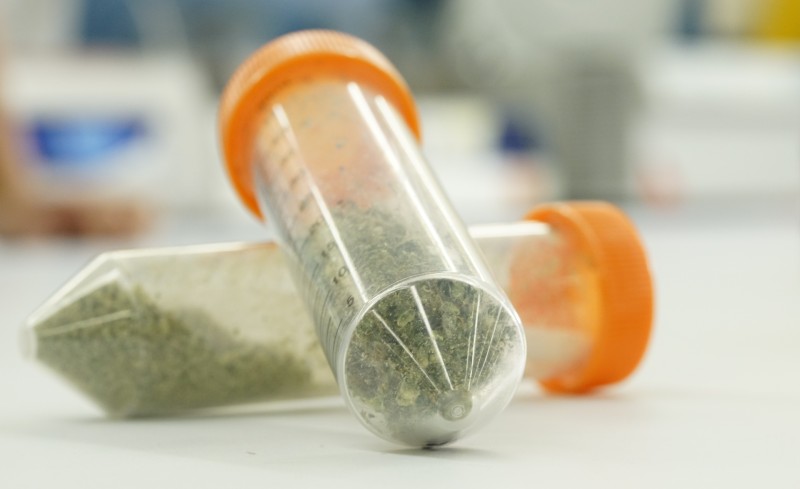When California first passed Proposition 64 legalizing recreational cannabis, voters waited in eager anticipation for natural, quality products to purchase.
What they found instead was 84.3% of sampled cannabis tested positive for pesticide residue.
The research, conducted by Steep Hill Labs, Inc., further concluded that 65% of cannabis samples submitted to their lab contained Myclobutanil, a pesticide that when smoked or vaporized is converted to Hydrogen Cyanide.
As the name suggests, the chemical is extremely toxic for humans to ingest.
Discoveries like these underscore the importance of lab testing requirements for cannabis operators.
Be it medical or recreational, knowing what’s inside these products is essential for creating trust in the industry.
As cannabis takes baby steps on its way to federal legalization, cannabis brands and consumers need a better means to identify which products have been tested for safety.
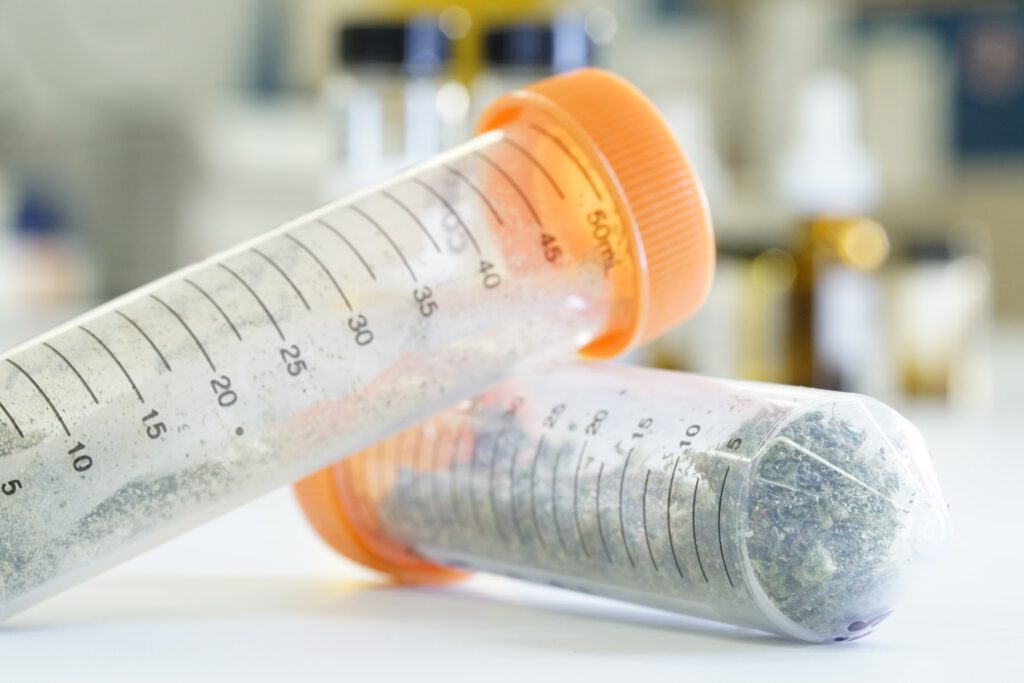
Florida testing facility ACS Laboratory has some potential solutions.
In addition to the standard certificate of analysis, the team is working to develop a seal of approval for cannabis products.
While still in development, the seal may one day serve as a valuable signal of quality for brands and consumers.
Masha Belinson, head of corporate development for ACS Laboratory noted, “We intentionally did not create the seal with ACS on it. This is not about us. This is about creating a level of transparency and trust within the consumer.”
Building trust with the consumer is foundational in ACS Laboratory’s mission.
They’ve received Emerald Badges 21 times, which is an inter-laboratory comparison and proficiency test awarded twice a year.
It’s a well-recognized quality indicator for labs across the U.S.
They are also CLIA licensed, which allows them to conduct human trials and perform pharmacokinetic studies.
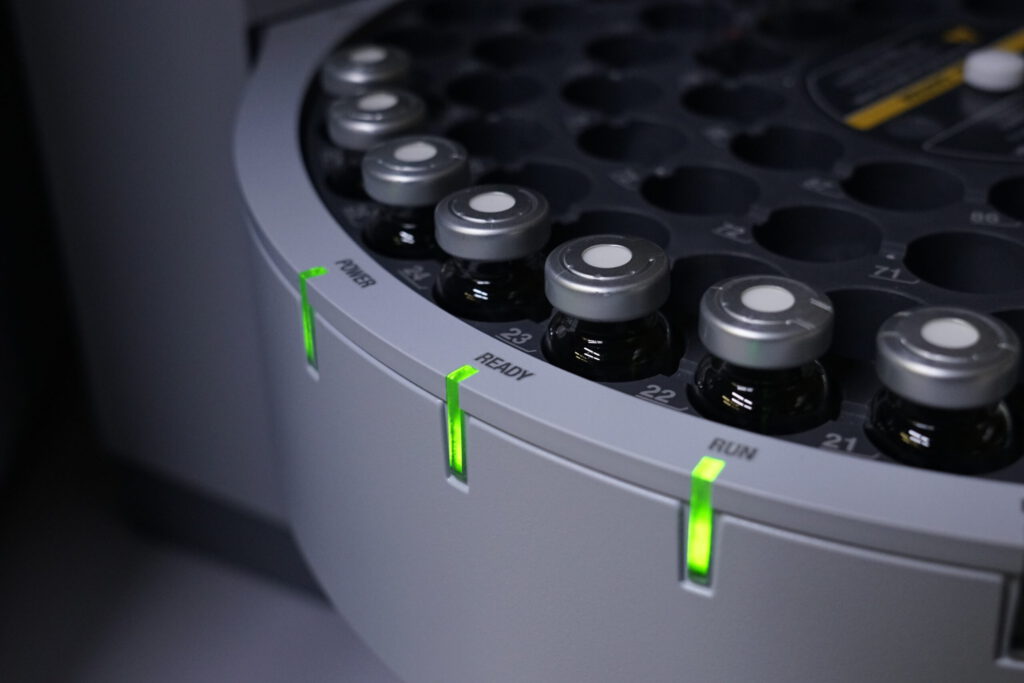
While many labs test for common cannabinoids, ACS tests for several unique compounds.
They’re one of few labs offering testing for Delta 8 THCV, EXO-THC (found in synthetic THC), flavonoids, and polycyclic aromatic hydrocarbons (PAHs).
This last category is especially important in 2020.
PAHs are chemicals formed from burning wood or other materials like garbage, oil, or coal.
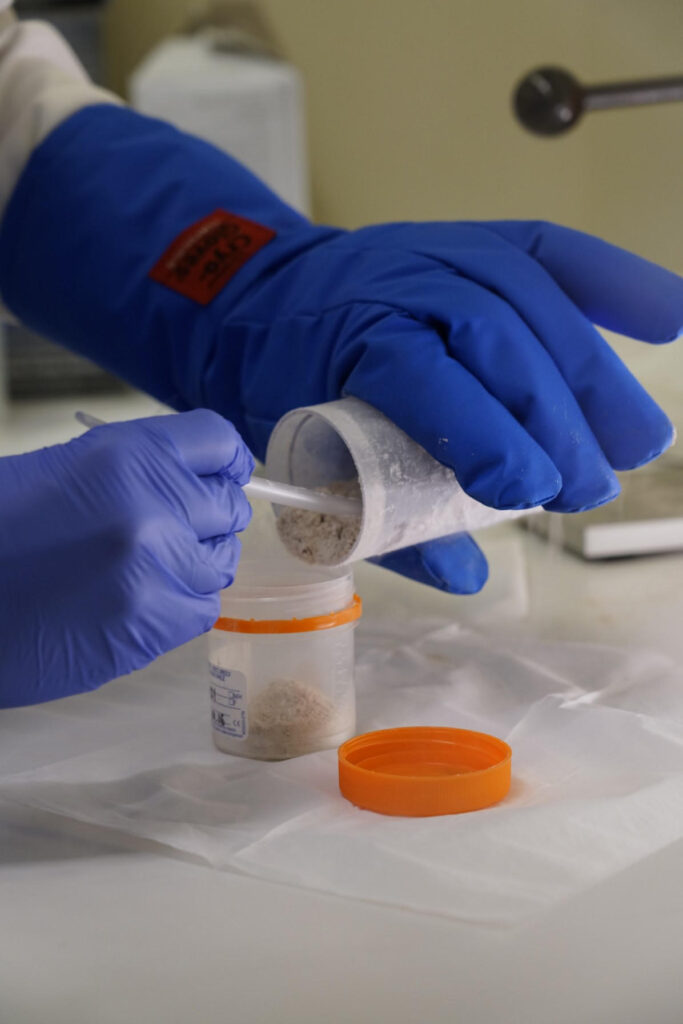
California, Colorado, Oregon, and several other states have battled record-breaking wildfires this year and the air is rife with PAH particles.
These can easily seep into a grower’s water, soil, or nutrients and are extremely dangerous for humans to consume.
Currently, there are no mandatory tests for PAH carcinogens.
To ensure the safety of consumers and maintain the reputation of their clients, ACS offered a free PAH test with a full panel to farmers in California and Oregon for the entire month of November.
It’s a commitment to safety and wellness that’s helping build a more reputable industry.
Customers today are receiving safer products than they were just a few years ago thanks to regulatory oversight and advanced testing techniques.
As with any industry, it takes time and research to create safety protocols.
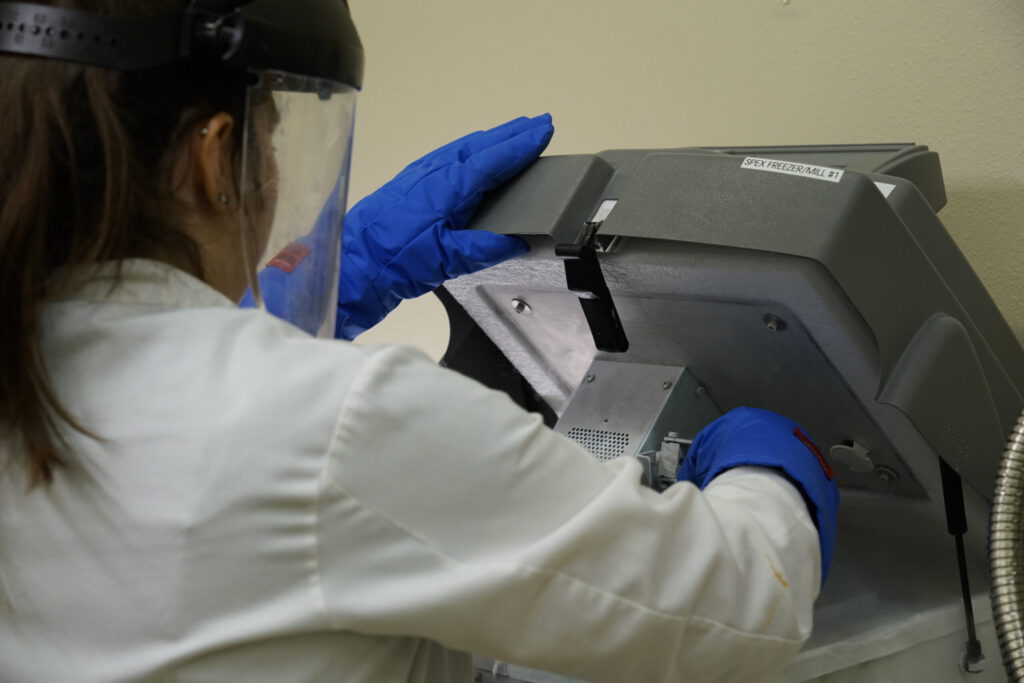
Pesticides are a prime example.
They’ve been tested as food safe, but the need to test their safety when combusted and inhaled was a revelation.
While cannabis safety has a long way to go, dedicated labs, regulators, and farmers will ultimately shape the industry into one that’s safe, transparent, and trustworthy.
All images courtesy of ACS Labs.

